#napoleon’s pyramids
Text
JACOBIN FICTION CONVENTION MEETING 29: NAPOLEON’S PYRAMIDS (2007)

1. The introduction
Well, hello again, dear Citizens! Welcome back to Jacobin Fiction Convention because it is now back in session!
Okay, first I will get one thing out of the way. I’m doing much better than I did in summer, hence the decision to resume my reviews. And what better way to make a comeback than to get the promised things out of the way first?!
On that note, I introduce to you the topic of today’s meeting: “Napoleon’s Pyramids”, a novel in the adventure genre set in the Egyptian campaign. Now, Directory years don’t have a good reputation in the Frev community, but technically those years are still officially Frev, hence my decision to include this book in the Jacobin Fiction Convention category.
Anyway, I’m pretty sure some people in my audience already know it, but I LOVE adventure stories, so when I stumbled across this book on a quest to find more Frev/Napoleonic media to review, you can bet your ass that I got excited!
Also, its resemblance to an Indiana Jones story initially drew me in, as I used to like the first Indiana Jones movie as a kid (not so much now) so there is some nostalgia involved here as well.
Luckily for me, I managed to find the book in pdf format here:
Then I did more research and it’s available in Russian too, mainly online and sometimes in paperback form, so my fellow Russian speakers who aren’t good at English can find the Russian version!
Is it worth looking for though? Well, let’s find out.
This review is dedicated to @mamelukeraza .
2. The Summary
Here’s the summary from Amazon and, apparently, the back cover of the book:
What mystical secrets lie beneath the Great Pyramids?
The world changes for Ethan Gage—one-time assistant to the renowned Ben Franklin—on a night in post-revolutionary Paris, when he wins a mysterious medallion in a card game. Framed soon after for the murder of a prostitute and facing the grim prospect of either prison or death, the young expatriate American barely escapes France with his life—choosing instead to accompany the new emperor, Napoleon Bonaparte, on his glorious mission to conquer Egypt. With Lord Nelson's fleet following close behind, Gage sets out on the adventure of a lifetime. And in a land of ancient wonder and mystery, with the help of a beautiful Macedonian slave, he will come to realize that the unusual prize he won at the gaming table may be the key to solving one of history's greatest and most perilous riddles: who built the Great Pyramids . . . and why?
By all accounts, this book should have been right up my alley! I mean, we have adventures, ancient artifacts, mysteries and clues! What could possibly go wrong?!
(Spoiler alert: A LOT. More on that later.)
3. The Story
First of all, I didn’t really like the beginning of the book, mostly because the narrator (Ethan Gage) really takes his precious ass time to dive into his backstory and explain how he ended up at a table playing that fateful card game. I’m talking about two pages of backstory before finally getting to the fucking point!
Don’t get me wrong, a proper introduction is important to me personally, but maybe my problem is the fact that I prefer to receive a character’s backstory over time, bit by bit. Otherwise it gets a bit too distracting for me, especially when Gage stops narrating to crank out a few pages of his damn autobiography before returning to the actual events at hand.
Also, unfortunately for this book, the comparisons to Indiana Jones don’t imply anything good here. It simply reads like an extremely predictable adventure story that desperately tries and fails to be engaging and fun while treating really old orientalist tropes like a checklist (mysterious Egypt, hot slave girls…). Even the cliffhanger ending is predictable as shit.
Moreover, there is almost no suspense. Gage either conveniently shoots his target or gets conveniently rescued all the time. In short, he always wins, which is not what should happen in a good story because most people get bored with heroes who always win.
Last but not least, too many coincidences and everyone being connected to the point where my suspension of disbelief just went right out the window.
At one point Ethan Gage randomly encounters Sidney Smith, for example. Also he gets rescued by Nelson after a naval battle. And in a later chapter it turns out that the Romani with whom Gage had to hide at one point were the ones who alerted Gage’s future allies in Egypt about his arrival. Very fucking believable.
At this point, this book may as well be a soap opera where all the heroes are somehow connected!
Speaking of heroes…
4. The Characters
I don’t like Ethan Gage. He’s basically a knockoff Indiana Jones crossbred with a Mary Sue. Perfect sharpshooter, womanizer, spy, adventurer, apprentice of Benjamin Franklin. He has a lot of skills and connections and not enough justification for having them.
Trust me, even the fact that he’s a Freemason wasn’t enough for me to justify the fact that he just HAPPENS to know a bunch of important people.
Other than that, he starts out as a typical lone adventurer with no family who enjoys gambling and the company of sex workers. I was half expecting him to go full James Bond and be an alcoholic too, but luckily it wasn’t that cliché.
The Macedonian slave mentioned in the summary, Astiza, is a slightly more interesting character, even though she’s not free from clichés. Starting out as a beautiful mysterious slave girl, she is revealed to know more than she lets on and has a knack for practicing magic. Also she is later revealed to have known the villain of the book… Welcome to Santa Barbara, folks!
As for the villain, Count Alessandro Silano is presented as this master manipulator and a looming threat who wants to harness whatever secrets the ancient secrets and/or powers this medallion can potentially provide. In reality, however, he’s more of a hammy movie villain who likes to monologue, has no positive traits whatsoever has the same ability to survive the impossible as Gage does. Or maybe they both can just respawn, I dunno.
Unfortunately, “cliché” and “flat” are the best adjectives to describe most original characters in the story. Gage’s friend, Antoine Talma, is your typical intrepid reporter but at least he’s more relatable than Gage; Ashraf, a Mameluke Gage captures, is just a loyal servant who is there to conveniently swoop in and rescue Gage Deus ex machina style, etc.
It’s basically modern clichés served under the “sauce” of the Frev setting.
By the way, Napoleon is there as well and he gives me the same vibes as the Nazi villains in the first Indiana Jones movie. He only cares about people who are useful to him, doesn’t give a shit about his troops and also wants to harness the abilities that medallion potentially can provide so he can use those powers to CONQUER THE WORLD!

Most other historical figures only have minor roles, but I’m glad we got cameos of people like Kléber, Vivant Denon and other military men and scientists who were actually part of that campaign.
5. The Setting
Unfortunately, even the descriptions of settings leave a lot to be desired. They’re just blander than stale bread and I’m not even sure how accurate they are. Probably inaccurate as fuck though, if I’m being honest…
Paris is this city of vices like brothels and gambling houses and this setting is hyperbolic like we’re in a noir detective story.
Egypt is a treasure trove of orientalist clichés - a land of mysteries, cruel people, beautiful women and wise scholars who may or may not dabble in magic. That being said, I liked the fact that the book took a sledgehammer to clichés about harems.
6. The Writing
Ooh boy, I have some complaints here too. Aside from the distractingly long backstory tidbits I already ranted about, that is.
For example, basic French grammar and spelling have clearly left the chat because there are characters whose last names are spelled d’Liberté and d’Bonneville (de is only turned into d’ before vowels or the letter “h”) and at one point there’s a hotel called Le Cocq instead of Coq (rooster). The book was written in 2007 so it’s not like the author couldn’t look up the words and basic grammar that I learned in fifth grade!
These may seem like tiny mistakes, but if the author didn’t bother to look up the basics, then this makes me concerned about other mistakes in the novel that I probably missed. So yeah, take everything in this with a grain (or a barrel) of salt.
Last but not least, this:

This is where General Dumas and General Desaix make a cameo. Now, it seems fine… except there’s no prior mention of them being present in this scene at all before they speak their lines so… did these two just randomly poof into existence or something?
Also, these two suffer from Delayed Introduction Syndrome ™️, which means we don’t find out who the fuck these men are until a few chapters later and we don’t get any descriptions of them before that either.
Why is this an issue? Well, other minor characters in the book do get a proper introduction and a brief description IMMEDIATELY or SHORTLY after being mentioned, so there is an inconsistency here, especially since some minor characters get TOO MUCH time dedicated to their descriptions despite the fact that they are not part of the main cast (d’Liberté in particular gets too much attention).
Also, some descriptions in the book are unintentionally funny, like a part where Gage compares a woman’s nipples poking out of her cleavage to soldiers sticking heads out of a trench. Yes, this is the real comparison in the book and it fucking cracked me up.
One thing I appreciate, however, is the fact that the narrative doesn’t shy away from describing gruesome injuries like traumatic amputations and sometimes the author does have the balls to permanently kill off an important character (said characters has a really gruesome death btw). I don’t mind blood and gore like this, but trigger warning just in case you’re more squeamish than me.
7. The Conclusion
All in all, instead of being a cool swashbuckling adventure, “Napoleon’s Pyramids” comes off as an Indiana Jones ripoff with clichés stacked onto one another like Jenga blocks, a cast of bland characters, mistakes that could be easily corrected by a few Internet searches and inconsistent writing.
Do I recommend it? ABSOLUTELY NOT. Please don’t waste your time on this novel.
Okay, with that said, it’s time to conclude today’s meeting of the Jacobin Fiction Convention.
Please stay tuned for updates on future reviews and stay safe.
Love,
Citizen Green Pixel
#history#frev#french revolution#frev art#jacobin fiction convention#literature review#frev media#frev literature#obscure frev media#napoleon’s pyramids#ethan gage#louis charles antoine desaix#general dumas#napoleon bonaparte#horatio nelson#sidney smith#vivant denon#jean baptiste kleber
28 notes
·
View notes
Text

Bonaparte and the Sphinx by Amédée Vignola
#napoléon#napoleon#bonaparte#egypt#sphinx#art#amédée vignola#napoleon bonaparte#napoléon bonaparte#egyptian campaign#france#french#history#europe#european#pyramids#egyptian#pyramid#campaign#french revolutionary wars#napoleonic#french republic
148 notes
·
View notes
Text
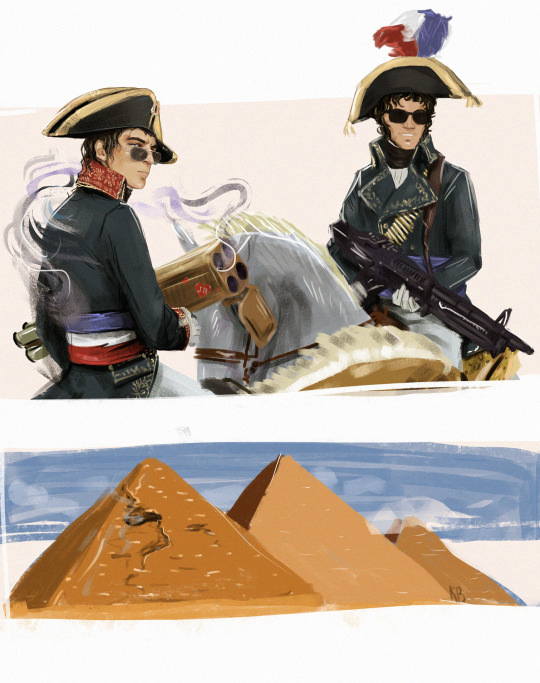
After “I don’t know if he did that, but it was a fast way of saying he took Egypt” from R. Scott, I was hoping to see something like this.
Disappointed.
#napoleon#napoleon bonaparte#ridley scott#joachim murat#art#just found this film boring tbh#napoleon 2023#bondarchuk’s war and peace is very good#digitalart#napoleon movie#napoleon's troops did not fire cannons at the pyramids
355 notes
·
View notes
Text
My father’s watched the first half of the napoleon movie and he’s…. Ok he’s a big history buff but he’s super into napoleon
When I say he’s into napoleon i mean that he’s got multiple bookshelves and half are about ww1 and ww2 but the other half are about napoleon this man cannot tell you the date the time the year but god can he let you know about napoleons Prussian campaign
Anyways he’s foaming at the fucking mouth
He cannot even decide if he wants to watch the rest of it
I made the mistake of bringing up how they skipped over battle scenes and he went on a well deserved rant about how they completely skipped the aforementioned Prussian campaign and oh god the pyramids what the fuck he did NOT do that t o the pyramids apparently according to my dad a lot of his troops weren’t even close enough to SEE the pyramids
This man is going RABID he’s gonna do a cosplay of napoleon and ride up to apple at this rate
#napoleon movie#napoleon#my father has gone mad#Prussian campaign#is gone#THEY DID NOT DO THAT TO THE PYRAMIDS#he just about screams
39 notes
·
View notes
Text
In 1798 Napoleon took the French Revolutionary Wars to Egypt. Leading the expedition himself, he hoped to disrupt British interests in the region and score a major win for France.
18 notes
·
View notes
Text
I watched Napoleon (2023) yesterday and it's... pretty bad
#the battle scenes were cool tho#but no mention of Thomas Dumas and the invasions of Spain/Portugal made me lowkey mad#THEY SHOWED JUNOT BUT WON'T TALK ABOUT HIS TAKING OF PORTUGAL#Spanish insurgence who#Wellington just pops up at the end for Waterloo and fuck you that's it#poor Nelson was just straight up never mentioned#It goes from 1807 to 1812 with a TITLE CARD hahaha wtf#napoleon 2023 spoilers#i guess#idk anymore#they showed him shooting the pyramids and breathing heavily over a mummy lol wtf was this movie
16 notes
·
View notes
Text
I. M. Pei's Pyramid & The Napoleon Courtyard


#Louvre Palace#Napoleon Courtyard#Louvre Pyramid#Cloudy Sky#Paris#France#Louvre#Pyramids#French Moments
7 notes
·
View notes
Text
Le Louvre
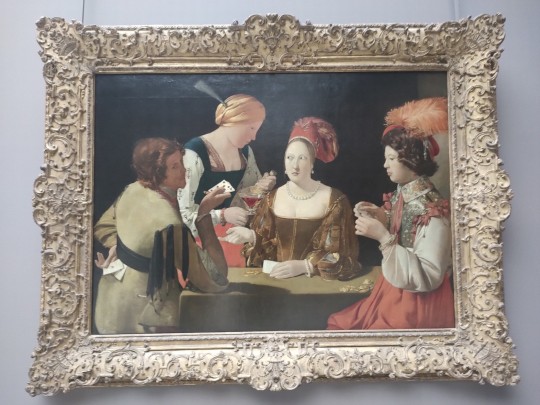


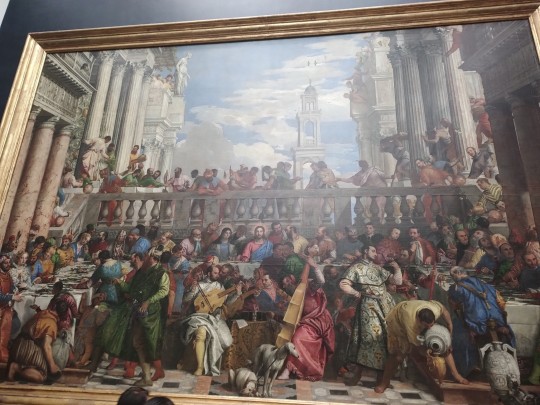
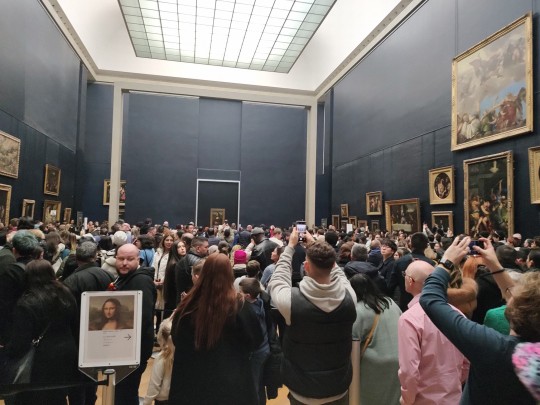
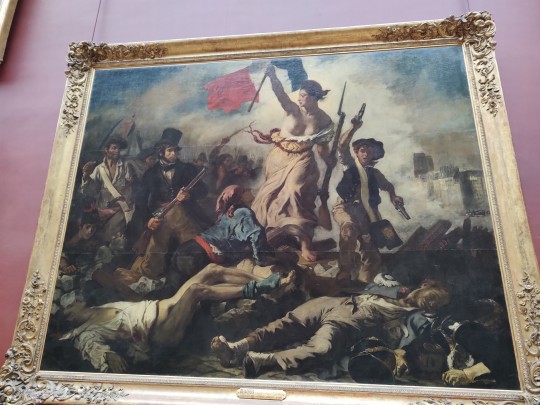
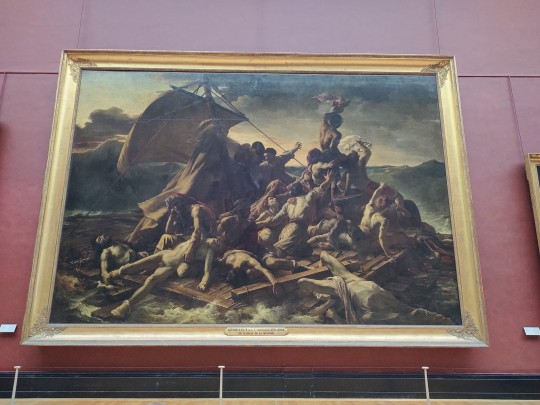



#europe#france#paris#musee#louvre#peinture#vacances#pyramide#mona lisa#la joconde#odalisque#recamier#jacques louis david#elisabeth louise vigee le brun#paolo veronese#theodore gericault#eugène delacroix#consacration napoleon#napoleon#georges de la tour#frans hals#art#museo#museum#europa#vacaciones#holydays#francia#pintura#piramide
32 notes
·
View notes
Text
Napoleon found the One Piece inside the Great Pyramid but didn't tell anyone
#this is a joke#i know Naps never went inside the pyramids rl#just thought it'd be funny cuz no one knows what the one piece is#not even luffy knows 🤣#napoleon bonaparte#napoleonic era#one piece#text post
15 notes
·
View notes
Text
youtube
The Battle of the Pyramids (1798) Ambient Music
#the battle of the pyramids#napoleon#napoleon bonaparte#napoleon movie#napoleon film#napoleon 2023#joaquin phoenix#french revolution#french republic#french empire#egyptology#ancient egypt#egyptian#egypt#egyptian pyramids#egyptian pharaoh#nile river#alexandria#historic#Youtube
2 notes
·
View notes
Text
youtube
Napoleon In Egypt
#Napoleon in egypt#napoleon film#napoleon movie#napoleonic era#napoleon#napoleon bonaparte#napoleon 2023#ridley scott#joaquin phoenix#egyptology#egyptian#egypt#ancient egypt#pyramids#Youtube
3 notes
·
View notes
Text
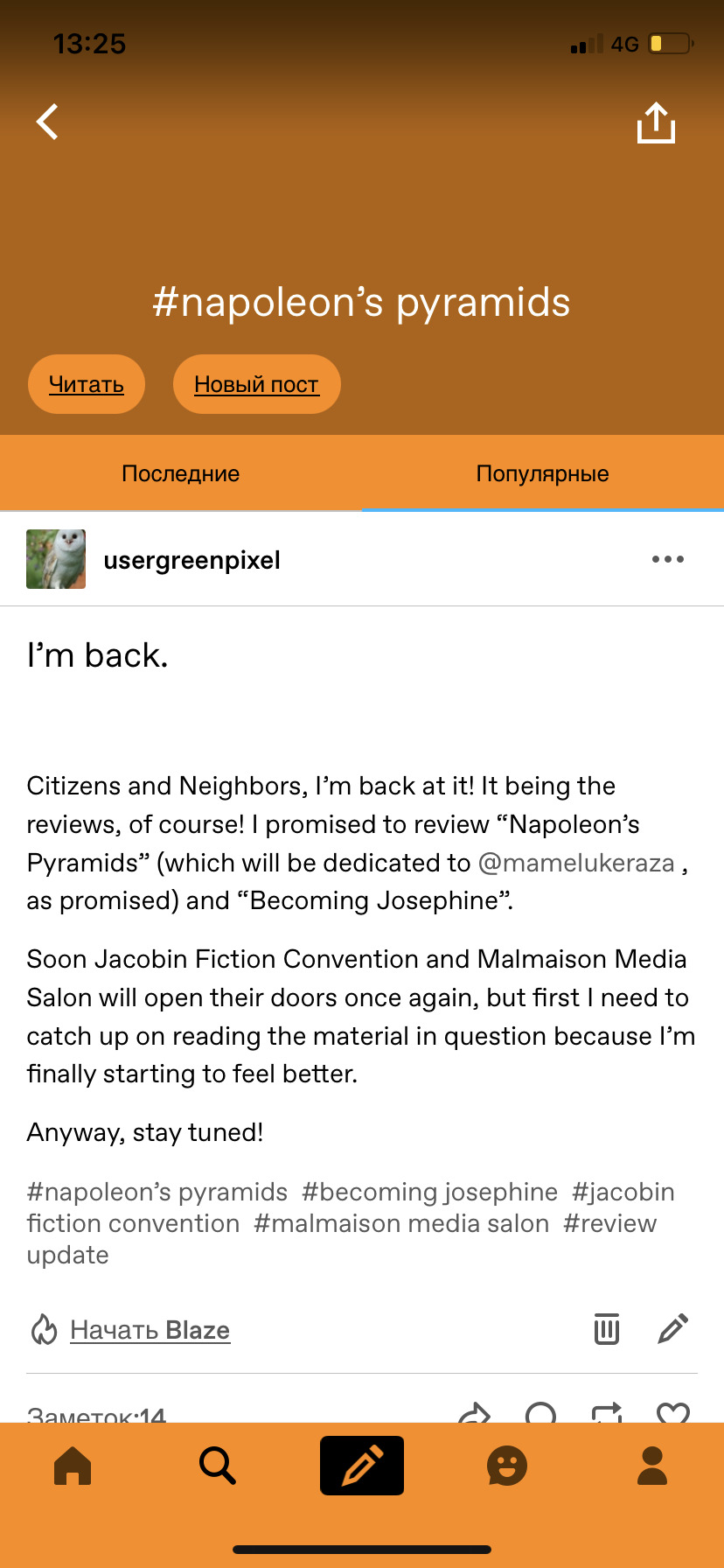
Well, it’s embarrassing to look at how long ago I made this post (July!). But I am, indeed, back. I don’t know if anyone wants to read more reviews from me at this point or is it time for me to get lost, but I still have an announcement.
“Napoleon’s Pyramids”, the title I chose for the upcoming Jacobin Fiction Convention meeting, will be reviewed very soon. Maybe even tomorrow morning or today.
Once again, so sorry for all the delays, but stay tuned if you want.
In the next meeting, we have:
- Bargain Bin Indiana Jones ™️
- Orientalist Tropes
- Botched French
- descriptions fit for Mary Sue fanfiction!
And more.
Love,
Citizen Green Pixel
#frev reviews#jacobin fiction convention#napoleon’s pyramids#William Dietrich#ethan gage#review update#update
25 notes
·
View notes
Text
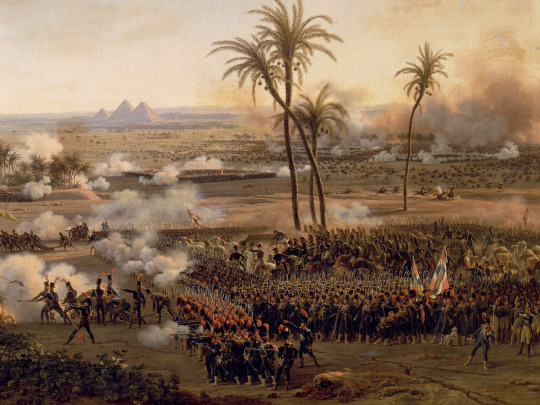
The Battle of the Pyramids 21 July 1798 by Louis-François Lejeune
#battle of the pyramids#art#louis françois lejeune#napoléon bonaparte#napoleon bonaparte#egypt#history#napoleonic#napoleon#napoléon#bonaparte#egyptian#campaign#french#france#french revolutionary wars#europe#european#pyramids#soldiers#troops#french republic#ottoman empire#ottoman
244 notes
·
View notes
Text
Napoleon (2023) should have referenced the time his brother saw the Jersey Devil. Or the time Napoleon himself saw the red little man. It’s not like Ridley Scott cared about facts
#Napoleon#if you’re going to disregard all facts#why not swing for the fences#Scott had shooting cannons at the pyramids#why not talk about them seeing weird creatures#this is your captain speaking
3 notes
·
View notes
Text
Just came back from watching Napoleon and ugh.
#napoleon#look it started bad and ended badly#i'm on record defending that historical movies don't need to be perfectly accurate but this movie was just...ugh#like just the casting...why in hell is Phoenix playing 20s Napoleon? also my mom asked me if Napoleon died in his 30s which...#it's mostly the casting's fault#ei guys lack of Wellington in this movie. and lack of Portugal's Napoleonic invasion's too#this said i understand why...they happened during the time he was planning the invasion of Russia...but important ok!!#it was not a nice movie no.#weird points for the fact they did not even got the most stereotypical Egyptian fact right. THEY MUMIFIED THEIR DEAD!!#also why in hell did he shot the pyramids? who knows? was it a cool scene? maybe for someone who did not have any idea of anything.#my mom telling me that physically ice doesn't break like that in the scene of the battle of Austerlitz#for some reason they butchered Napoleon's entire relationship with Josephine. also weirdo#there was almost nothing good there#points for how good the customs were. making it easy to distinguish armies in a battlefield is not an easy task
3 notes
·
View notes
Text
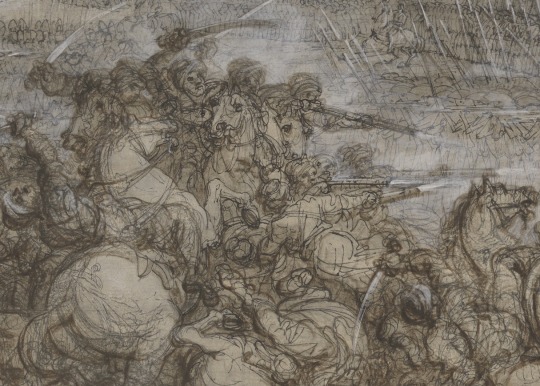
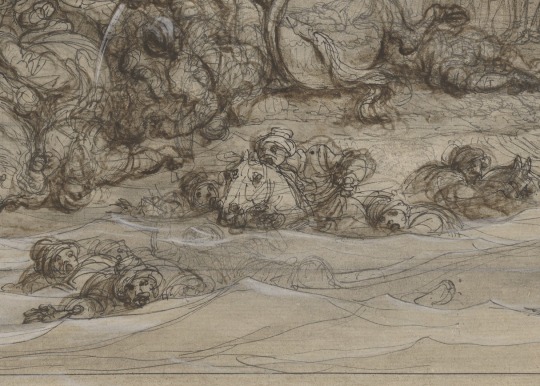
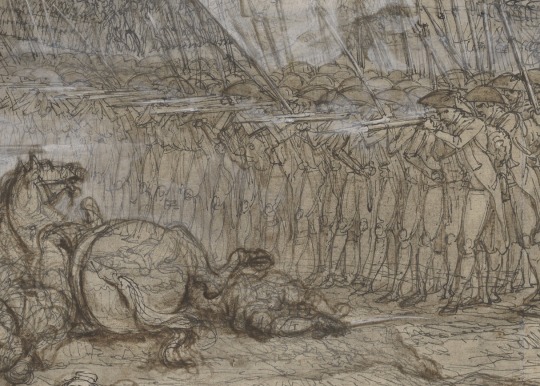
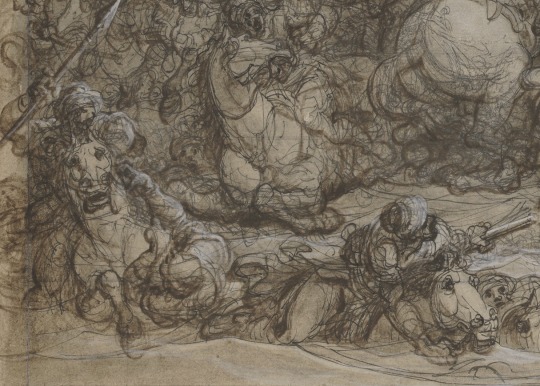
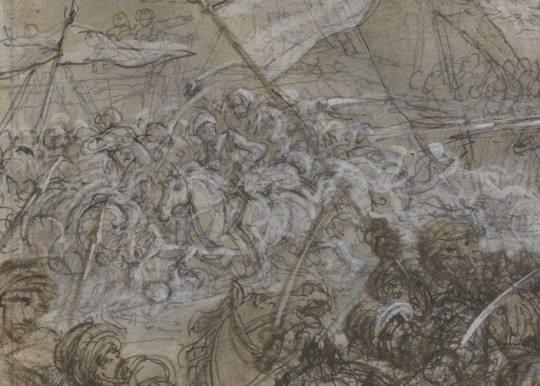
Battle of the Pyramids, July 21, 1798 (details)
François André Vincent, ca. 1800
#battle of the pyramids#Egypt#napoleonic era#François André Vincent#Vincent#18th century#19th century#neoclassical#neoclassical art#details#the met#sketch#illustration#battle#battle scene#1800s#1800#1798#the pyramids#pyramids#soldiers
4 notes
·
View notes